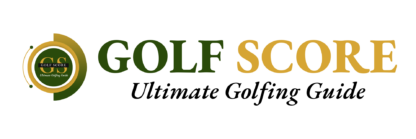
Makosi Musambasi, a certified life coach, podcaster, and journalist, has dedicated herself to raising awareness and educating women across Africa about breast cancer.
She leverages golf as a platform to promote cancer awareness and prevention.
Musambasi, founder of the Sister’s Keeper Foundation and a cancer survivor, highlights the increasing prevalence of breast cancer among women under 40 in Africa.
“I had cancer eight years ago,” she shared.
“As a cancer survivor, I found that I can use golf as a conversation starter to raise awareness that early detection saves lives.”
In 2021, she launched the annual golf tournaments through her organization, Sister’s Keeper Foundation, to raise cancer awareness.
These tournaments have been held in Nigeria and Zimbabwe, and this year, the fourth annual event will take place at Randpark Golf Course in Johannesburg on June 20.
The tournaments bring together golf enthusiasts, policymakers, societal leaders, and businesses to support the fight against breast cancer.
The goal is to impact breast cancer awareness and prevention significantly.
“Breast cancer is the most common type of cancer in women of all races. That’s why, at the Sister’s Keeper Foundation, we advocate for early detection and prevention as key components in improving survival rates and overall health outcomes,” Musambasi said.
According to the 2020 Global Cancer Observatory (GLOBOCAN), Africa recorded 186,598 breast cancer cases, with over 80,000 fatalities in the same year.
The incidence and mortality rates of breast cancer are expected to more than double in many African countries by 2050, highlighting the urgent need for action.
“We believe that knowledge is power regarding breast cancer prevention. By encouraging young people to prioritize regular screenings, self-examinations, and healthy lifestyle choices, we can significantly reduce the burden of breast cancer in our communities,” said Musambasi.
Sister’s Keeper promotes early detection through regular mammograms, clinical breast exams, and self-breast examinations. Early detection, combined with medical interventions, can save lives.
